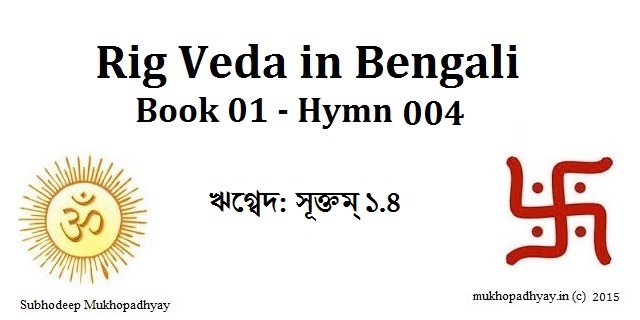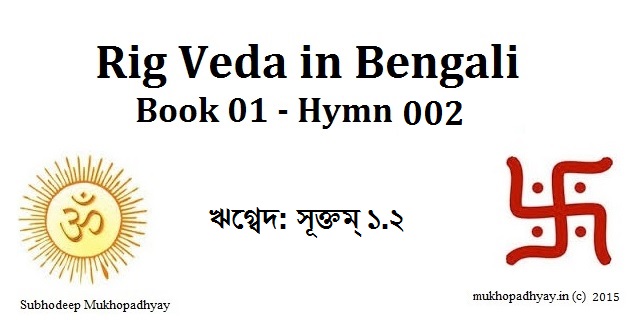List of Yajnas and Their Fruits - 5 More

Below I will give a list of yajnas and their fruits. Yajna is a Hindu Vedic ritual in which at a physical level offerings are made to fires during a ceremony officiated by priests known as Ritwiks. The sacrificer known as Yajamana expects some sort of result in return. Yajna is accompanied by the pouring of oblation into ritual fire, the divine Agni . In this post I will talk about 5 such Vedic rituals and share a list of Yajnas and their fruits. # 1 List of Yajnas - Kshamavatishti Yagya Image Courtesy: bookmasters When one is desirous of victory in battle of any sort, he should undertake Kshamavatishti Yagya (Sanskrit: क्षमवतीष्टि यज्ञ , Bengali : ক্ষমবতীষ্টি যজ্ঞ). # 2 List of Yajnas - Papamokshakameshti Yagya Image Courtesy: Salvation Army When one desires freedom from sins, he should undertake Papamokshakameshti Yagya (Sanskrit: पापमोक्षकामेष्टि यज्ञ , Bengali : পাপমোক্ষকামেষ্টি যজ্ঞ). # 3 List of Yajnas - Pashukameshti Yagya Ímage C...










